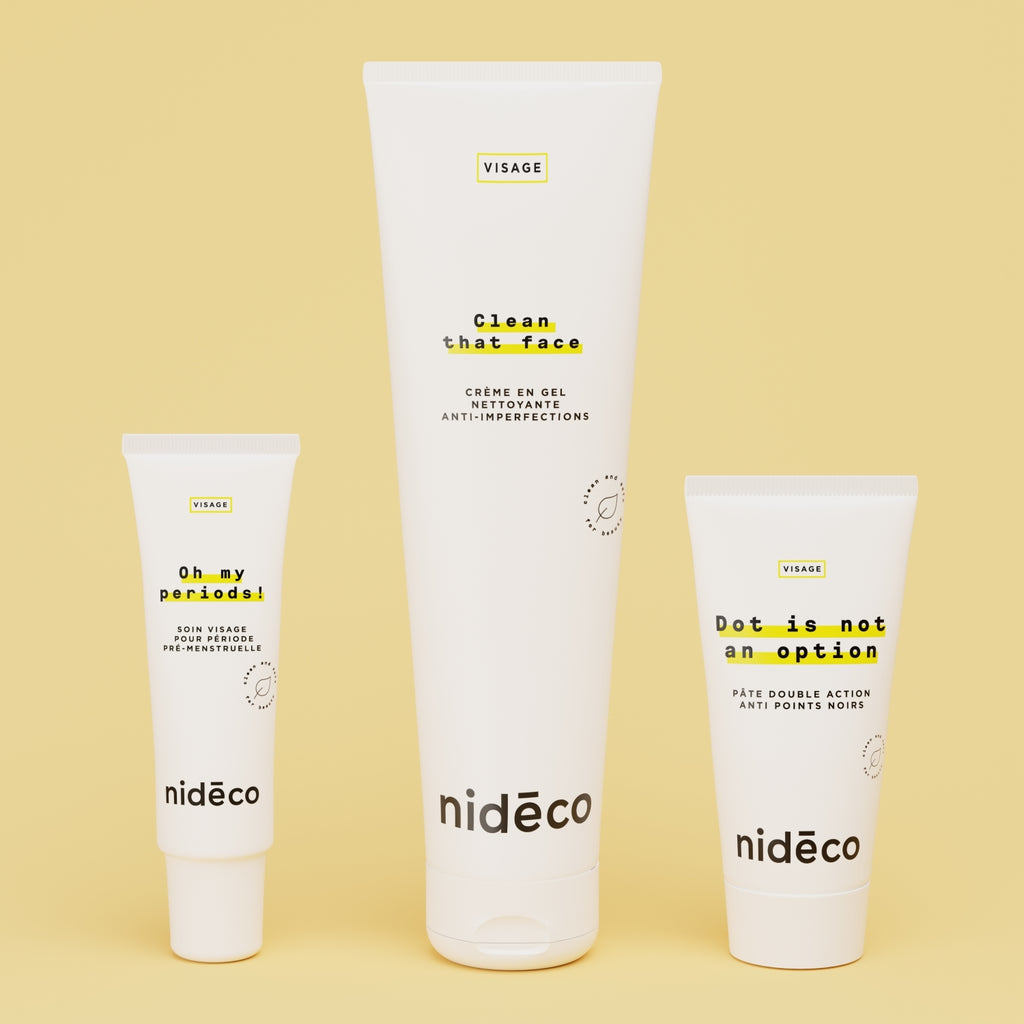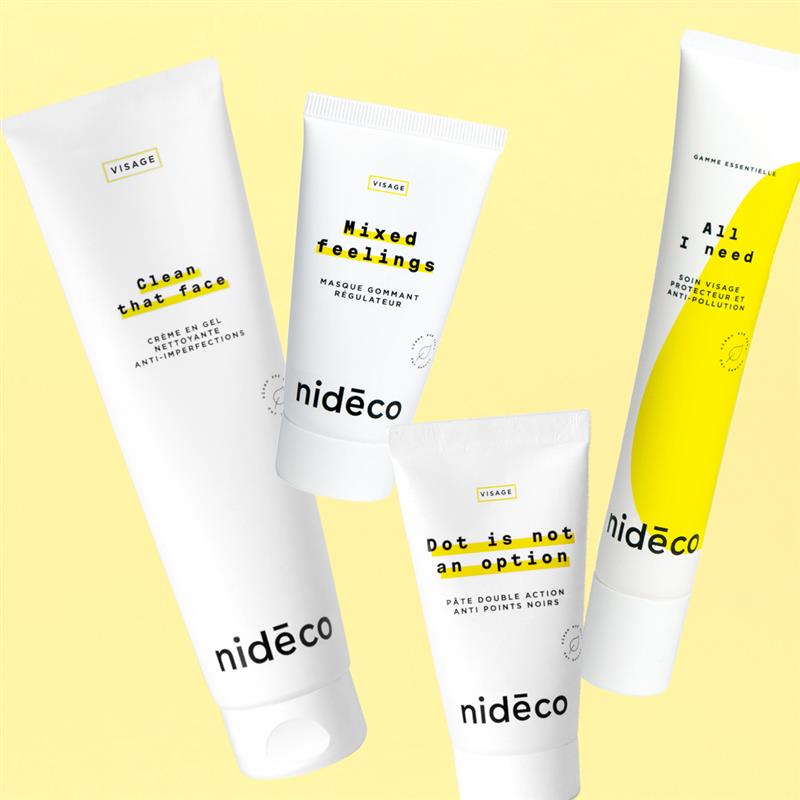Vulvodynia: How to avoid burning?

😕 Vulvodynia is a chronic pain problem that affects women. The pain is often described as burning, stinging or raw. There is no known cure for vulvodynia, but there are treatments that can help manage the pain.
Vulvodynia is one of the many intimate irritations in women.
👉 Here's what you need to know about this condition and how to avoid burns.
The symptoms of Vulvodynia
👉 The most common symptom of vulvodynia is persistent vulvar pain that occurs in the absence of any visible rash or infection. The pain can be constant or intermittent, and it can range from mild to severe.
🥵 Other symptoms include burning, tingling, itching of the vulva, and pain. Vulvodynia can have a significant impact on a woman's quality of life, affecting her ability to work, exercise and have sex.
The taboo of sexual relations when suffering from Vulvodynia
👉 In some cases, the pain may only be felt during certain activities, such as intercourse or using a tampon. For many women, vulvodynia can be a very isolating and frustrating condition.
😔 Indeed, this disease interferes with sexuality to the point of making it taboo, complicated and a source of stress for most of those affected. The pain is accentuated during and sometimes several hours after sexual intercourse and can be the cause of other sexual dysfunctions (vaginismus, decreased libido, decreased arousal...). It can even lead to the avoidance of all sexual contact (disgust of sexuality). The consequences on the life of the couple are therefore very important.
If you want to overcome this low libido in a natural way, CBD may be a solution. Indeed, if you're having trouble getting in the mood, CBD can help! CBD is a compound found in cannabis that has been shown to have a number of potential health benefits. Unlike THC, the other main compound in cannabis, CBD has no psychoactive effects. That means it won't get you high. Some research has shown that CBD improves libido. One study involved women with sexual dysfunction and found that those who took CBD had significantly improved sexual desire and satisfaction compared to those who did not take the supplement.
See also: avoiding irritation after intercourse
What causes vulvodynia?
❓ Vulvodynia is a chronic pain problem that affects the vulva, the external female genitalia. The cause of vulvodynia is unknown, but there are several theories. One theory suggests that vulvodynia is caused by an overactive immune system response to infection or irritation. Another theory involves nerve damage or hypersensitivity as the cause of vulvodynia.
👉 Regardless of the cause, vulvodynia can be a debilitating condition that affects a woman's quality of life. Symptoms of vulvodynia include burning, tingling, itching, throbbing and sharp pain. The pain can be constant or intermittent and can vary in intensity.
👨⚕️ Treatment for vulvodynia often includes a combination of medications, physical therapy and lifestyle changes. In some cases, surgery may also be recommended.
How is vulvodynia diagnosed?
👉 Vulvodynia is a condition that can be difficult to diagnose because there is no specific test to confirm the diagnosis. Instead, the diagnosis is made based on a combination of factors, including the woman's medical history, her symptoms, and her physical examination.
In some cases, additional tests, such as a vulvar biopsy or pelvic floor muscle assessment, may also be performed. The first step in diagnosing vulvodynia is usually a detailed interview with the woman to obtain a complete medical history.
🔍 This interview will be followed by a physical examination of the vulva. During the examination, the doctor will look for signs of irritation or inflammation. If necessary, additional tests may be performed to rule out other conditions or to determine the cause of the vulvar pain.
How to treat Vulvodynia
Work psychologically
🧠 When someone has vulvodynia, it can be very difficult to talk about. The pain and discomfort can be embarrassing and difficult to talk about with others. It is important to remember that the pain is not your fault. The problems are just consequences of the disease. They are not your fault. Talking about vulvodynia can help stop the cycle of pain.
👉 It can also help others understand and support you. Learning simple relaxation techniques can also be helpful. Stress and anxiety management techniques are important because pain is often related to tension. These techniques can help you reduce the amount of pain you feel. Vulvodynia is a difficult problem to manage, but you are not alone. Talking about it can help you feel better and start managing the pain.
Physiotherapy sessions
👉 Pelvic floor physical therapy is often recommended as a treatment for vulvodynia. The goal of pelvic floor physical therapy is to re-train the muscles and nerves of the pelvic floor, so that they learn to relax and contract in a more normal manner.
This can help reduce pain during sex and in daily life. Pelvic floor physical therapy is usually provided by a specially trained physical therapist. It usually involves a combination of exercises, massage and pain management education.
Natural creams
While there is no miracle cure for vulvodynia, there are a number of treatments that can help ease symptoms. One natural option that is gaining popularity is the use of topical creams.
💛 These creams, which are usually made from plant-based ingredients, can help soothe inflammation and reduce pain. Plus, they are often free of the harsh chemicals found in over-the-counter treatments.
👉Our intimate care "South Beauty" is designed to soothe all types of vulvar irritation, to prevent pain. Many women have already tried it to combat vulvodynia and with success!
👉 Voici un exemple avec le commentaire de Camille : “J’ai un problème chronique qui ne se traite pas vraiment (vulvodynie), et que j’ai essayé de soulager avec toutes les crèmes possibles, recos de mon gyneco, crèmes pour bébé,… Tout me brûlait, rien ne marchait à part la cortisone, mais qui n’agit que ponctuellement. j’ai commandé cette crème sans grandes attentes et elle est au delà de mes espérances.. Elle soulage immédiatement mais a aussi eu un effet plus long terme: après plus d’1 mois d’utilisation mes démangeaisons ont quasiment disparu, et j’ai pu espacer un peu les applications. cette crème me change la vie <3”




























